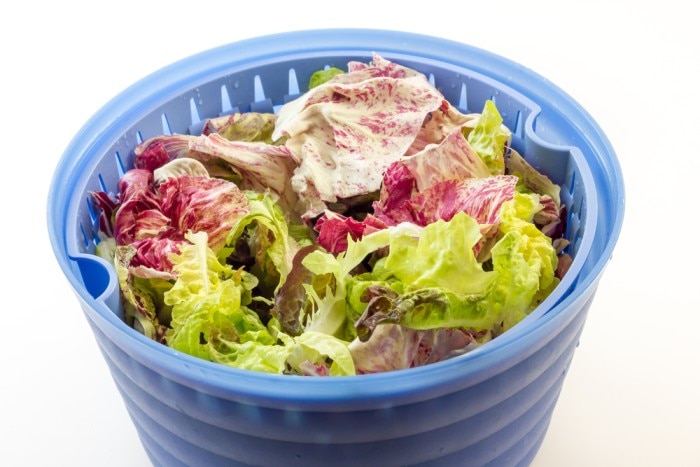MENU
GB | GBP
-
-
-
-
- Forum Labo 2025
- Advanced Therapies Week (ATW) 2025
- SLAS Europe 2025
- Bioprocessing Summit Europe 2025
- Medlab Middle East 2025
- SLAS International 2025
- Biologics World Nordics 2025
- ASIA LABEX: The Lab Show 2025
- BioProcess International Europe 2025
- ISEV 2025
- Future Labs Live 2025
- DataHow Symposium 2025
- Cell 2025
- LabDays 2025
- ASIA LABEX: The Lab Show 2025
-
-
-
-
- Forum Labo 2025
- Advanced Therapies Week (ATW) 2025
- SLAS Europe 2025
- Bioprocessing Summit Europe 2025
- Medlab Middle East 2025
- SLAS International 2025
- Biologics World Nordics 2025
- ASIA LABEX: The Lab Show 2025
- BioProcess International Europe 2025
- ISEV 2025
- Future Labs Live 2025
- DataHow Symposium 2025
- Cell 2025
- LabDays 2025
- ASIA LABEX: The Lab Show 2025
GB | GBP
-
- Benchtop Centrifuges
- Floor-Standing Centrifuges
- Refrigerated Centrifuges
- Microcentrifuges
- Multipurpose Centrifuges
- High-Speed Centrifuges
- Ultracentrifuges
- Concentrator
- IVD Products
- High-Speed and Ultracentrifuge Consumables
- Centrifuge Tubes
- Centrifuge Plates
- Device Management Software
- Sample and Information Management
-
- All Pipettes, Dispensers & Automated Liquid Handlers
- Mechanical Pipettes
- Electronic Pipettes
- Multi-Channel Pipettes
- Positive Displacement Pipettes & Dispensers
- Automated Pipetting
- Bottle-Top Dispensers
- Pipette Controllers
- Pipette Tips
- Automation Consumables
- Dispenser & Pipette Accessories
- Automation Accessories
- Dispenser & Pipette Services
Sorry, we couldn't find anything on our website containing your search term.

Everyday Centrifugation
Beyond Science
- Centrifugation
- Essay
- Food & Beverage
In the laboratory, centrifuges are ubiquitous, and they are used with a goal in mind. The principle of centrifugation, however, is not limited to the laboratory at all, but it surrounds us practically everywhere - we just don’t always recognize it as such. Sometimes we even allow ourselves to be centrifuged.
In the chain carousel
You don’t have to travel far to experience centrifugal force first hand – the next county fair will be sure to serve that purpose. The centrifugal force carries the body outward – the faster the further! This is how your samples feel inside the centrifuge!Inside the human centrifuge
The human centrifuge serves the medical selection and training of pilots and astronauts. The body is subjected to increased weight force equivalent to, for example, the take-off of a Space-Shuttle (max. 4 x g) or certain flight maneuvers of fighter jets (>4 x g, max. 10 x g).Read more
Read less

Most often used around the house: The salad spinner...
... is a useful tool in the kitchen and helps you to separate the water from the freshly washed salad leavesThe spin dryer
Technically, a spin dryer is designed to separate the water from the washed fabric. In fact, we use the spin dryer component of the washing machine daily without giving it much thought. This centrifuge makes life a lot easier – without it, laundry would have to be wrung dry by hand. The spin dryer saves us time and energy.The honey separator
This is one of the lesser known centrifuges. To harvest the honey, the beekeeper removes the frame that houses the honeycombs from the hive and places it upright into the honey separator, where the centrifugal force will pull the honey from the cells. The honey then flows through the outlet at the bottom of the separator, where it is collected in a container before it embarks on its final journey to our breakfast table...Read more
Read less

